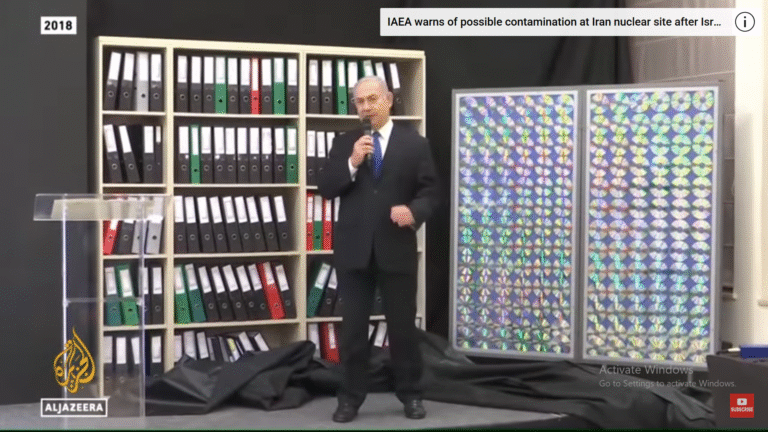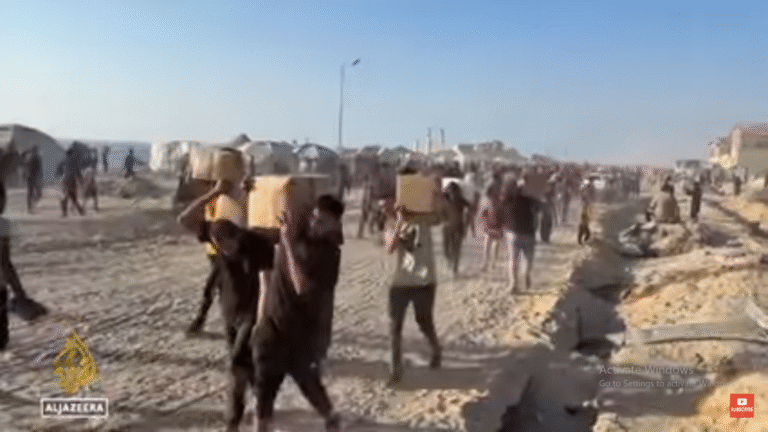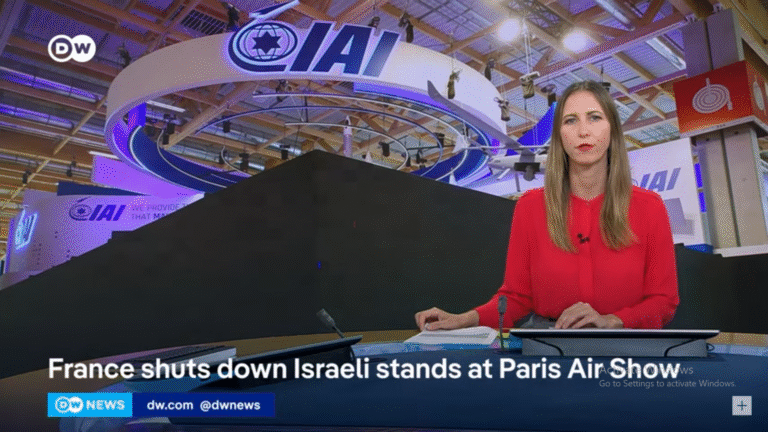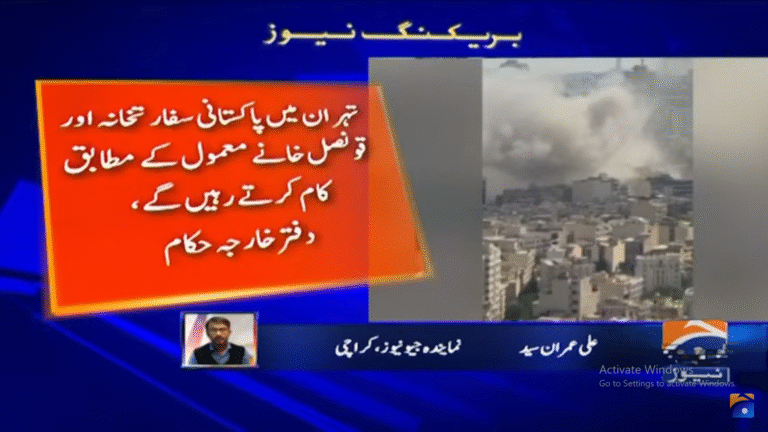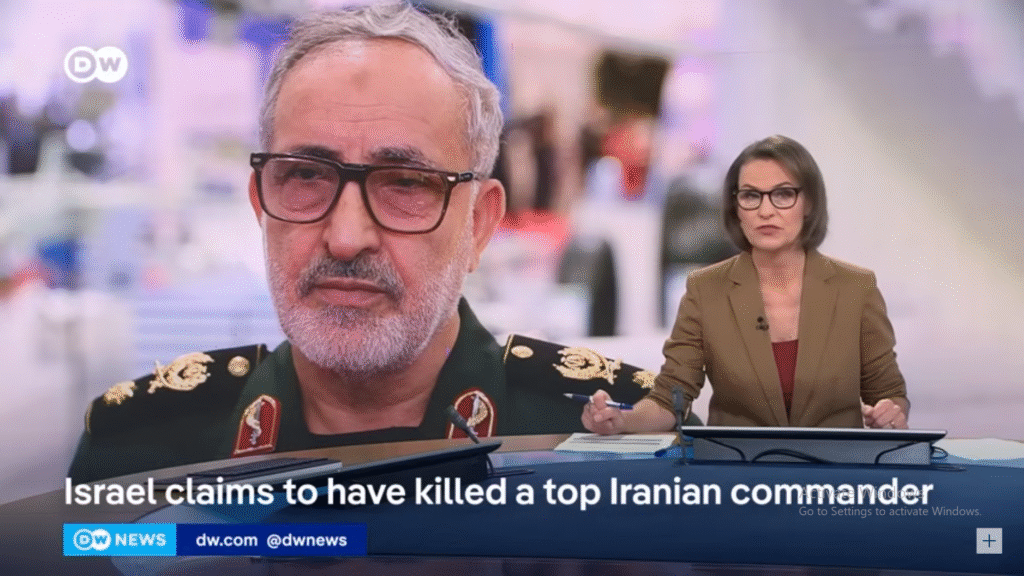
Israel Claims Killing of Iran’s Top Commander as Panic Grips Tehran
The conflict between Israel and Iran reached a dangerous new height this week. Israel has claimed responsibility for the assassination of a top Iranian military commander, triggering mass panic across Tehran, where many residents are now trying to flee the city.
A Major Blow to Iran’s Military
According to Israeli military sources, the strike targeted a senior commander in Iran’s Revolutionary Guard Corps (IRGC), believed to have overseen operations in Syria and coordinated with regional militias. The identity of the commander has not been officially released by Iran, but reports suggest the figure was high-ranking and critical to Tehran’s regional strategy.
This is not the first time Israel has taken credit for eliminating key figures tied to Iran’s military operations. However, this latest move is being seen as one of the boldest and most direct actions to date.
Chaos in Tehran
Shortly after the announcement, Tehran saw a wave of panic. Long queues formed at gas stations and bus terminals. Videos circulating online show families packing bags, trying to leave the capital. Many fear a retaliatory strike from Israel — or worse, a full-scale war.
Residents also reported an increase in military presence on the streets. As a result, schools and offices were closed in several districts.
Israel’s Message
Israeli officials have not commented in detail but confirmed the mission’s success. A government spokesperson stated:
“Israel will continue to neutralize threats wherever they arise — including those outside our borders.”
The strike appears to be part of a broader effort to disrupt Iranian influence in the region, particularly in Syria and Lebanon.
Iran’s Reaction
Iran has condemned the assassination, calling it an “act of war.” Supreme Leader Ali Khamenei vowed a swift and powerful response. Iranian state media is urging calm, but social media paints a different picture — one of fear and uncertainty.
Experts warn that if Iran retaliates, Israel may escalate its strikes, creating a cycle that could spiral into all-out war.
International Response
The United Nations, European Union, and United States have all expressed concern. Global leaders are calling for restraint, though few expect either side to back down soon.
At the same time, analysts worry that diplomatic channels are closing fast. Without meaningful talks, both nations seem locked on a collision course.
Conclusion
Israel’s targeted killing of a top Iranian commander marks a turning point in an already volatile conflict. As civilians flee Tehran and global tension rises, the world waits anxiously. What comes next could reshape the Middle East’s future — and possibly the world’s.
